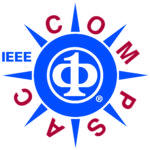Student Research Symposium
Technical Program
*= in-person presentation in Torino
A Proactive Data Privacy Compliance Framework for Establishing Dynamic Data Privacy Management Systems
Reem Alsubaie and Mohammed Elaffendi
Survivability Model of Networks using Attack Graphs and Markov Chains
Shuvo Bardhan
Reinforcement Learning Approaches for Racing and Object Avoidance on AWS DeepRacer
Jacob McCalip, Mandil Pradhan and Kecheng Yang
A Metaverse Object Management Method Based on Visible Areas using Geographical Overlay Networks
Nobuki Aoki, Tomoya Kawakami, Satoru Matumoto, Tomoki Yoshihisa and Yuuichi Teranishi
Study on Performance Bottleneck of Flow-Level Information-Centric Network Simulator
Shota Inoue, Han Nay Aung, Keita Goto, Soma Yamamoto and Hiroyuki Ohsaki
Securing the Transportation of Tomorrow: Enabling Self-Healing Intelligent Transportation*
Elanor Jackson and Sahra Sedigh Sarvestani
Modeling MultiPath TCP for Control Parameter Tuning*
Han Nay Aung, Keita Goto and Hiroyuki Ohsaki
Graph Attention Network Reinforcement Learning Based Computation Offloading in Multi-Access Edge Computing
Yuxuan Liu, Geming Xia, Jian Chen and Danlei Zhang
Call for Papers
The Student Research Symposium (SRS) seeks to bring together students and researchers working in computer software and applications and related fields.
We welcome contributions on work in progress that may have initial or proof of concept results.
The student authors of accepted papers will have the opportunity to discuss their research, methodology, and results with other researchers and receive helpful feedback through presentations (oral or poster).
All accepted papers will be published in the electronic COMPSAC proceedings.
Submission
Students are encouraged to submit summaries of their original work (not published or submitted elsewhere). All submissions must be written in English with a maximum of 4 pages in 10-point font using the IEEE conference proceedings format. Each submission should include the paper title, each author’s name and affiliation, a 150-word abstract, and up to 6 keywords. The first author must be a student, but the advisor or non-student collaborators may be co-authors. In addition, each submission must 1) clearly articulate the topic of the research; 2) summarize the critical issues and current approaches used in the field; 3) describe the proposed research concept, the intended methodology, the evaluation strategy, and results to date; 4) specifically identify the contributions of the proposed work.
Evaluation of submissions will be based on their originality, significance of the potential contribution to the field, technical merit, presentation quality, and adherence to abstract submission guidelines.
The student author of every accepted paper must register with a student registration fee, attend the conference, and present their research. Failure to do so will result in exclusion of the paper from the COMPSAC proceedings.
SRS Organizers
Ryohei Banno, Kogakuin University
Email: banno@cc.kogakuin.ac.jp
Iacopo Colonnelli, University of Turin
Email: iacopo.colonnelli@unito.it
Paper Templates
IEEE Paper templates are available in MS Word 2003 and LaTex. All submissions must use US 8.5×11 letter page format.
Important Dates
Main Conference/Symposium
Main conference/symposium papers due: 15 January 2023Extended to 15 February 2023
Notification: 7 April 2023
Camera-ready and registration due: 7 May 2023 Updated: 18 May 2023
Journal then Conference Submissions
Due date: April 7, 2023
Notifications: April 30, 2023
Workshops, Fast Abstract, SRS Programs
EXTENDED: Workshop papers due: 21 April 2023
UPDATED: Notifications: 7 May 2023
UPDATED: Camera-ready and registration due: Updated: 18 May 2023
Submission Link
Please submit your paper on EasyChair
IEEE Conference Publishing Policies
All submissions must adhere to IEEE Conference Publishing Policies.
IEEE Cross Check
All submission will be screened for plagiarized material through the IEEE Cross Check portal.

